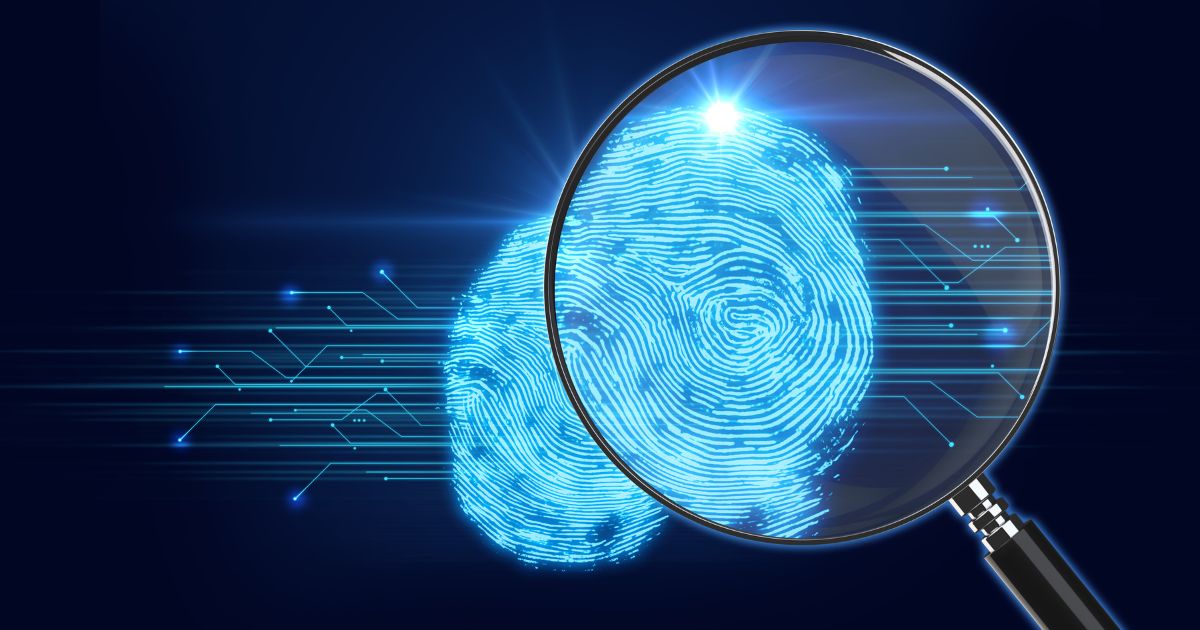
In today’s digital age, identity is the key to access a wide range of services, from online banking to healthcare. However, managing digital identities is a complex and challenging task, especially for governments. Fortunately, the emergence of digital identity ecosystems is transforming the landscape of identity management, and eGovernment is taking the lead in unlocking their potential. By leveraging digital identity ecosystems, governments can provide seamless and secure access to citizen services, improve service delivery, and enhance citizen trust. In this article, we will delve into the world of digital identity ecosystems and explore how eGovernment can revolutionize citizen services by embracing this technology. From electronic voting to digital signatures, we will cover the latest trends and strategies that are transforming the way governments interact with citizens. So, buckle up and get ready to discover the power of digital identity ecosystems in the context of eGovernment.
The Benefits of Digital Identity Ecosystems for eGovernment
Digital identity ecosystems are networks of interconnected entities that enable the sharing of identity information in a secure and privacy-preserving manner. These ecosystems are designed to provide seamless access to services across multiple domains and platforms, enabling citizens to use their digital identities to authenticate themselves and access services from different government agencies. The benefits of digital identity ecosystems for eGovernment are numerous, and they include:
– Improved Service Delivery
Digital identity ecosystems provide a unified and seamless experience for citizens, enabling them to access services from multiple government agencies using a single digital identity. This leads to improved service delivery and reduces the need for citizens to provide the same information multiple times.
– Increased Security and Privacy
Digital identity ecosystems use advanced security and privacy protocols to protect citizens’ identity information. These protocols ensure that only authorized parties can access citizens’ identity information and that the information is transmitted securely.
– Enhanced Citizen Trust
Digital identity ecosystems enhance citizen trust by providing a secure and convenient way for citizens to access services. Citizens are more likely to trust government services that are secure and easy to use.
Challenges in Implementing Digital Identity Ecosystems
Implementing digital identity ecosystems is not without its challenges. One of the biggest challenges is ensuring that the ecosystem is interoperable across different platforms and domains. This requires a coordinated effort between government agencies, private sector partners, and other stakeholders.
Another challenge is ensuring that the ecosystem is designed in a privacy-preserving manner. Citizens are concerned about the privacy of their identity information, and governments must ensure that their identity ecosystems are designed to protect citizens’ privacy.
Finally, ensuring that the ecosystem is secure is critical. Governments must ensure that their identity ecosystems are designed with the latest security protocols to protect against cyber threats and other security risks.
Best Practices for Successful Implementation
Implementing a digital identity ecosystem requires a coordinated effort between government agencies, private sector partners, and other stakeholders. To ensure successful implementation, the following best practices should be followed:
– Develop a Clear Strategy
A clear strategy is essential for successful implementation. Governments must articulate their vision for the digital identity ecosystem and develop a roadmap for implementation.
– Foster Collaboration
Collaboration between government agencies, private sector partners, and other stakeholders is critical for successful implementation. Governments must foster a culture of collaboration to ensure that all stakeholders work together towards a common goal.
– Ensure Privacy and Security
Privacy and security are critical components of a successful digital identity ecosystem. Governments must ensure that their ecosystem is designed in a privacy-preserving manner and is secure against cyber threats and other security risks.
Case Studies of Successful Digital Identity Ecosystems in eGovernment
Several governments around the world have successfully implemented digital identity ecosystems. One such example is Estonia’s e-Residency program. The e-Residency program enables non-Estonians to access Estonian digital services and sign documents using a government-issued digital ID. The program has been a huge success, with over 70,000 e-Residents from over 170 countries.
Another example is India’s Aadhaar program. The Aadhaar program is the world’s largest digital identity program, with over 1.2 billion registered users. The program enables citizens to access a wide range of government services using their digital identity.
The Role of Blockchain in Digital Identity Ecosystems
Blockchain technology has the potential to revolutionize digital identity ecosystems. Blockchain provides a decentralized and tamper-proof platform for storing and managing identity information. This makes it a natural fit for digital identity ecosystems, where security and privacy are critical.
Several governments are already exploring the use of blockchain in digital identity ecosystems. For example, the government of Dubai has launched the Dubai Blockchain Strategy, which aims to make Dubai the first blockchain-powered government in the world.
The Importance of Privacy and Security in Digital Identity Ecosystems
Privacy and security are critical components of digital identity ecosystems. Governments must ensure that their ecosystems are designed in a privacy-preserving manner and are secure against cyber threats and other security risks. Citizens are concerned about the privacy of their identity information, and governments must address these concerns to ensure citizen trust.
Future of Digital Identity Ecosystems in eGovernment
The future of digital identity ecosystems in eGovernment is bright. As technology continues to evolve, governments will be able to provide even more seamless and secure access to citizen services. The use of blockchain technology, in particular, has the potential to transform the way governments manage digital identities.
Conclusion and Call to Action
Digital identity ecosystems have the potential to revolutionize the way governments interact with citizens. By providing seamless and secure access to citizen services, governments can improve service delivery and enhance citizen trust. However, implementing digital identity ecosystems is not without its challenges. Governments must ensure that their ecosystems are designed in a privacy-preserving manner and are secure against cyber threats and other security risks. If governments can overcome these challenges, the future of digital identity ecosystems in eGovernment is bright.
Written by Daniele Paoletti
